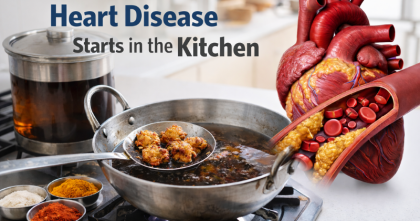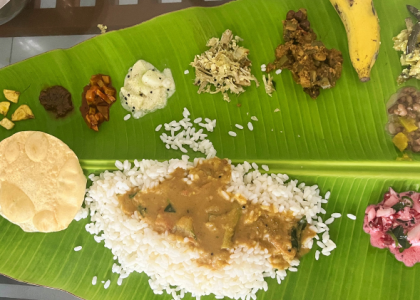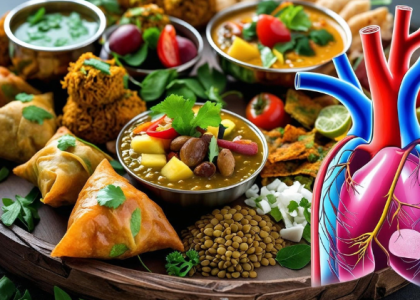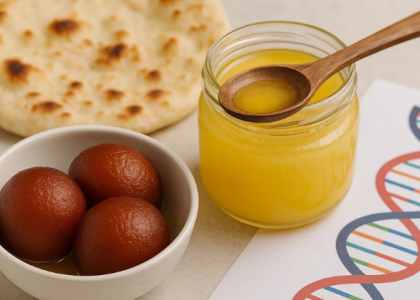Picture this: You’re at the grocery store, staring at a carton of eggs labeled “vegetarian-fed.” Your mind races: Can I eat these and still call myself vegetarian? What will my grandmother say? Am I breaking some sacred rule?
If this sounds familiar, you’re not alone. Millions of Indians face this same question every day.
The Cultural Divide: East Meets West
In the West, life feels simpler for vegetarians. They eat eggs, drink milk, and avoid meat and fish. These “ovo-lacto vegetarians” think eggs are totally fine.
But in India? It’s complicated.
Many Indian families see eggs as non-vegetarian. It’s what we’re taught at home, often without question. This belief is deep in our traditions, passed down like grandma’s chutney recipe.
But not everyone agrees anymore.
Some coastal communities always ate eggs. Many younger Indians love eggs for quick protein and think they’re “vegetarian enough.” Big cities show a clear trend: more Indians are adding eggs for better health.
So, there’s no single “Indian answer.” It depends on your family, region, and personal views.
What Does “Vegetarian-Fed” Mean?
This label confuses many people. “Vegetarian-fed” does NOT mean the egg is vegetarian.
It just means the chickens ate only grains and plants—no fish meal or meat scraps. But the egg itself still comes from an animal.
Think of it like this: A cow eating grass still gives you milk—an animal product. Same logic applies to eggs.
Nutrition: Good for Your Heart?
Here’s why eggs are called “nature’s multivitamin.”
One egg gives high-quality protein that helps muscles stay strong. It has vitamin B12, which is often missing in Indian vegetarian diets. Plus, eggs have healthy fats that can support your heart if you eat them wisely.
Compare this to typical Indian veggie meals: tasty, but sometimes lacking protein and B12. Adding an egg here and there can help fix that.
The Great Controversy
Here’s the tricky part: some families think eggs are “half-life.” Not quite meat, not quite plant. Spiritually, this feels wrong for them.
This belief is important. Food is not just food—it’s faith, tradition, and family respect. Nobody should feel forced.
But fact: Most eggs in stores are unfertilized. No baby chick inside. So, scientifically, no life is growing inside that shell.
So, is it a moral no or a nutrition yes? Only you can decide.
How to Eat Eggs the Heart-Healthy Way
If you choose to eat eggs, here’s how to keep your heart happy:
- Boil them—skip the oil
- Use egg whites more often—no cholesterol, same protein
- Avoid frying or adding too much butter
- Keep it simple: egg-white veggie omelet, boiled egg in salad, or add to dal
How many? For most people, 3-4 whole eggs per week is fine. If you have high cholesterol, stick to egg whites.
Your Choice, Your Rules
In the end, you decide what’s right. Talk to your family. Ask your doctor. Think about your heart health too.
Some families find a middle way: eggs at home but not during holy days. Some say no eggs ever. Some enjoy eggs daily.
All choices are valid. Be informed, be respectful, and put your health first.
Join the Talk
What do you think? Are eggs part of your vegetarian diet? Did you grow up avoiding them? Did you change your mind later?
Share your story below. Let’s keep this conversation alive—because in India, eggs will always crack open big debates!
Note: Always check with your doctor before changing your diet, especially if you have cholesterol or heart conditions.




